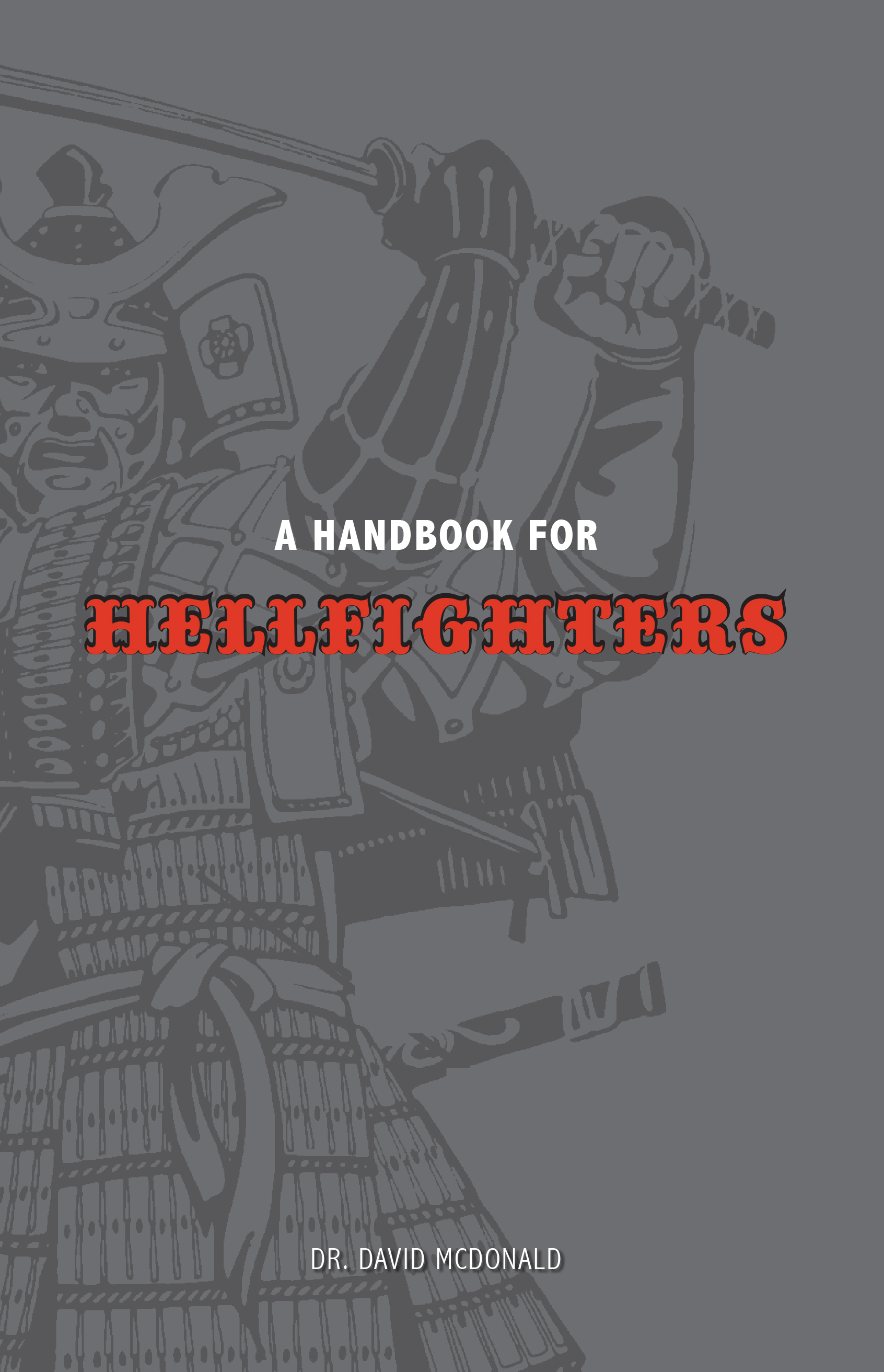Before you begin in any ministerial capacity—before you even ask what you should be doing, or how you should be doing it, or with whom—you need to understand that what you do flows from who you are. That’s right. In one important sense this is all about you. This is about your discovery of who God made you to be. This is about discerning your divine destiny. This is about the puzzle of full personhood as you endeavor to become the best possible version of yourself for the glory of God.
Think about it this way—if you’re going to build a shed you’ll need certain tools. Tasks require tools, and tools can really only be used according to their design. A hammer, for example, cannot thread a screw. Only a cardiologist can perform open-heart surgery. A neurosurgeon, while capable of remarkable medical feats, simply cannot be trusted with the left ventricle.
Identity fuels vocation, or—again—what you do flows from who you are. Are you a hammer? A neurosurgeon? A jockey?
Every human being is made in the image and likeness of our Creator, designed to shadow God in the redemption of the world. We are meant to conserve and conceive God’s creativity, acting as his stewards in the world. So, in that sense, we all know what our basic identity is. We’ve been made by God to be like God.
However, in another important sense, we’re all very different. And this is the difference that concerns us in the present moment. Some are apostles, some are teachers, some have been given the gifts of helps and service and some are called to administer health to widows and orphans, and some play drums and some bounce babies on their knees, etc. You’ve got to figure out which of the million different kinds of people you are. And, to make matters more complex, you’ve not only got to figure out who you are but—much more importantly—who God is calling you to become. St. Peter, for example, began his ministry as a fisherman. That was his identity. But part of the call of God upon his life was to become a fisher of men, and Peter developed into one of the bravest leaders of the early church to whom the others looked for inspiration, boldness, and clarity.
So the first two questions you’ve got to ask are these:
1. Who is God calling me to be?
2. What does the best possible version of me look like?
Taken together, we refer to these traits as “eschatological authenticity”, a phrase the famed theologian NT Wright coined in his book After You Believe and one that we spend considerable time understanding in our Westwinds’ class “Telos: the goal of human life.”
Take a moment and reflect on your personality, your character traits, and your peculiar likes and dislikes. I, for example, love science fiction, sports, and mischief. At my worst, I could find myself holing up alone in the dark for extended periods of time (that is, after all, what sci fi nerds do) or bullying others (an inherent risk among athletes), or agitating my wife and children to the point of insanity (because I would find it amusing to watch them shriek). But at my best—and this is the version of myself that God is cultivating—I infuse ordinary life with the wonder and awe of space travel, treating each day as an adventure; I choose to greet life’s trials as challenges, aggressively pursuing excellence and the camaraderie that can only be achieved through rigor and training; I play with my kids, teaching them to be pleasantly mischievous and not unkind toward others, or having fun at their expense. And the more God’s Spirit continues to regenerate me, the more I’ll resemble the best possible version of David McDonald. I’ll look different than you—because we’re different—but you’ll see more of Christ in me.
Christ defines us. He lives in us and with us and through us, slowly gobbling up the old iterations of our past-selves. He completes us. He shapes us. He graduates us into new humanity.
You’ll need to remember this when you begin ministry, because sometimes you’ll fail and be humiliated. People will dismiss your effor ts as juvenile or sloppy or overly complex. Those comments will hurt. Ministry is difficult. But if you can remember that every one of those experiences is part of God calling you into greater eschatological authenticity, you’ll fare much better.
Trials are vitamins for the soul. Hurt is a hurdle that must be crossed before the race is won. Disappointment isn’t disqualification. It’s distraction.
Learn to refocus quickly—not on yourself, but on God.
We are all servants. We are all tools. Once we know how God designed us, we’ll be better able to figure out how God wants to employ us to heal the world.
fossores
Dr. David McDonald is the teaching pastor at Westwinds Community Church in Jackson, MI. The church, widely considered among the most innovative in America, has been featured on CNN.com and in the Wall Street Journal, the New York Times, and Time Magazine.
David weaves deep theological truths with sharp social analysis and peculiar observations on pop culture. He lives in Jackson with his wife, Carmel, and their two kids. Follow him on twitter (@fossores) or online at fossores.com
Related posts
Categories
Category Cloud
Tag Cloud
Recent Posts
- Victors and Victims November 6, 2018
- 3 Hacks for Happiness October 29, 2018
- Hope Against Death September 20, 2018
- The Shape Of The Cross September 19, 2018


